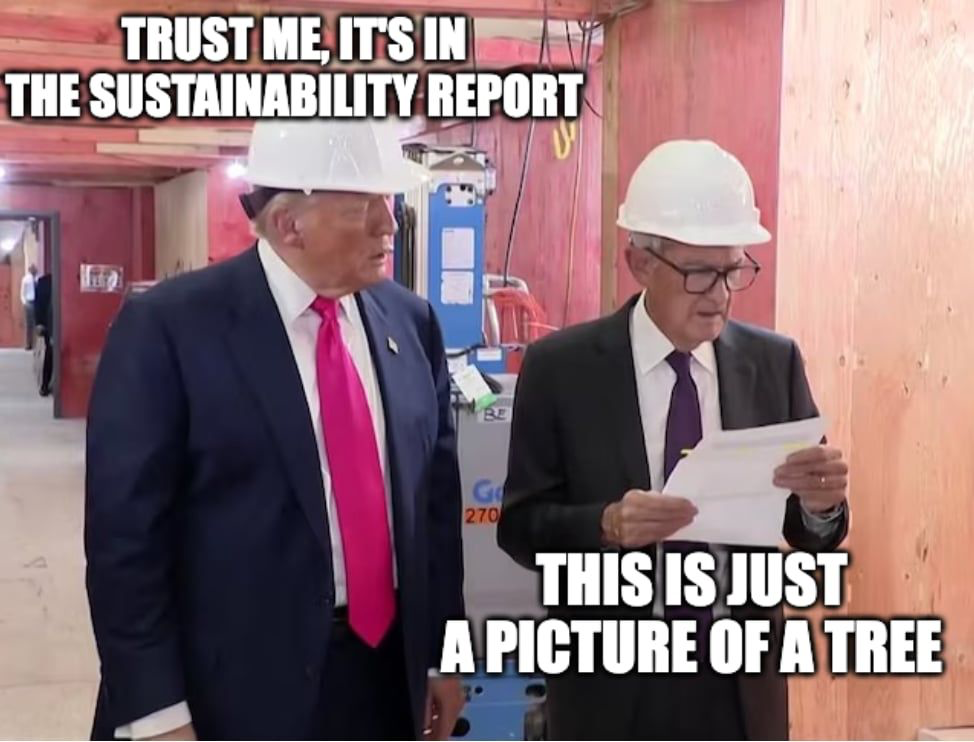July 30, 2025

In an age where we have the internet at our fingertips and your consumer can fact-check your claims in seconds and employees switch jobs faster than TikTok trends, there's one currency that rules them all: trust. Not the sesame street kind, but the hard-hitting, revenue-driving, market-disrupting force that separates tomorrow's leaders from today's regrets.
Here's the reality check:
Meanwhile, organizations caught in the trust deficit spiral watch their talent flee (50% higher turnover rates), their innovation stagnate, and their market position crumble.
The question isn't whether trust matters. It's whether you're building it fast enough to win.
Stephen M.R. Covey nailed it in The Speed of Trust: when trust goes up, speed goes up and costs go down. When trust goes down, everything slows to a bureaucratic crawl while expenses skyrocket. It's not philosophy, its not unquantifiable, it's physics.
Consider the numbers:
Yet here's the gap that's costing companies millions: 90% of business leaders think customers highly trust their companies, while only 30% of consumers actually do. That 60-percentage-point trust gap? It's widening, not closing.
But here's where it gets interesting. The companies that crack the trust code aren't just playing defense—they're rewriting the rules of engagement. They're turning transparency from a compliance checkbox into a competitive weapon.
Transparency isn't about sharing everything with everyone. It's about providing context for the decisions you make. When done right, it creates what we call the transparency dividend:
Productivity explodes: Companies with high transparency report 21% higher profit margins than average5. Their employees are 22% more productive and experience 74% less stress.
Innovation accelerates: When teams have access to real-time data and understand the 'why' behind decisions, they move faster. Trust creates the psychological safety needed for the kind of risk-taking that drives breakthrough innovation.
Customer loyalty deepens: One in five consumers make transparent brands their #1 choice7. These aren't just customers—they're advocates who drive organic growth through recommendations and referrals.
The companies getting this right aren't accidentally transparent. They're strategically transparent, and there's a difference.
Covey identified 13 specific behaviors that high-trust leaders consistently exhibit. But in 2025, three of these behaviors have become non-negotiable for any business serious about sustainable growth:
Talk Straight: Be radically honest about where you stand and where you're going. When you share evidence behind your words, you not just reporting metrics—you’re building the foundation for long-term customer loyalty.
Create Transparency: Make your processes visible and your data verifiable. This means going beyond surface-level reporting to show the methodology behind your claims, the evidence supporting your statements, and the real work happening behind the scenes.
Deliver Results: Consistency builds credibility. When you make commitments, keep them. When you can't, communicate early and clearly about what's changed and why.
Here's what every business leader needs to understand: the era of 'trust me' marketing is dead. Consumers have tools, data, and networks that can verify your claims faster than you can make them. The cost of getting caught in misleading claims has never been higher.
Recent cases tell the story: Edgewell Personal Care faces federal proceedings for reef-friendly claims that weren't backed by science. Clorox Australia paid AUD $8.25 million for misleading ocean plastic claims. Tyson Foods is defending lawsuits over climate-smart beef promises without credible delivery plans.
But here's the bigger picture: 54% of consumers say they would stop buying from a company found to be misleading in sustainability claims. That's not just lost revenue—it's lost trust that takes years to rebuild.
The alternative? Ground your claims in science, provide transparent data, seek third-party verification, and communicate with clarity about both your achievements and your ongoing challenges. When companies do this right, transparency becomes their competitive moat.
We're entering what researchers call the "expectation economy". Consumers don't just compare you to your direct competitors—they compare you to the best experience they've had anywhere. Once someone experiences the radical transparency of a B Corp or the authentic storytelling of a purpose-driven brand, they expect that same level of honesty everywhere.
The companies winning in this new landscape share three characteristics:
They treat trust as a strategic asset: Trust isn't a nice-to-have—it's a measurable, manageable business driver that deserves the same attention as revenue and profit margins.
They build transparency into their operations: From supply chain visibility to impact measurement, they make openness part of their core systems, not an afterthought.
They communicate with context: They don't just share data—they explain what it means, how it connects to their mission, and what they're doing to improve.
Building trust at the speed of business requires intentionality. It means investing in systems that create verifiable transparency, developing communication strategies that provide genuine context, and building organizational cultures where honesty accelerates rather than threatens progress.
The companies that master this won't just survive the next wave of regulatory changes, consumer demands, and competitive pressures. They'll shape them.
Now everything can be verified, questioned, and shared, the fastest path to sustainable growth isn't clever marketing or aggressive sales tactics. It's earning trust by being trustworthy.
Most companies talk a big game, but when it comes time to prove it, there’s very little behind the curtain. PocketSeed changes that. Our platform turns every claim—every tree planted, every kg of carbon offset—into a verifiable, tamper-proof certificate that you (and your customers) can actually prove. No vague promises, no stock photos, just evidence you can stand behind—instantly, and at scale. So if you’re tired of hoping nobody asks you to back it up, maybe it’s time to start working with a partner who lets your facts do the talking.
And once you've got that foundation? Everything else moves at the speed of trust.
The future belongs to organizations that understand this simple truth: in the attention economy, trust is the ultimate currency. And like any currency, its value compounds when invested wisely.
PocketSeedは、企業が自社製品やサービスに気候変動対策プログラムを簡単に組み込んで、その過程を顧客と共有できるようにするプラットフォームです。